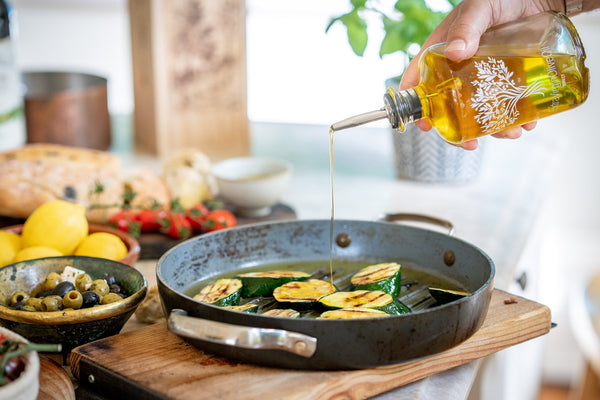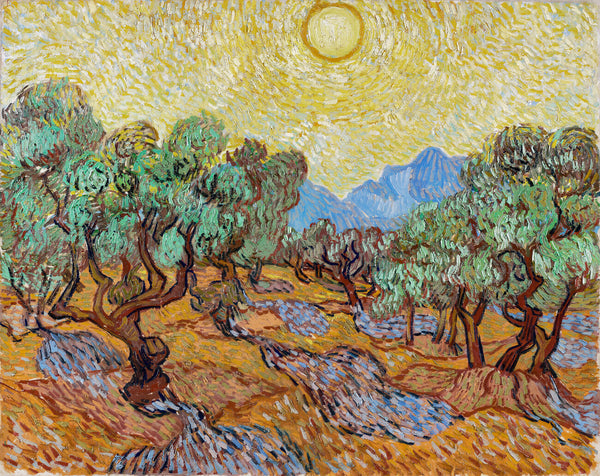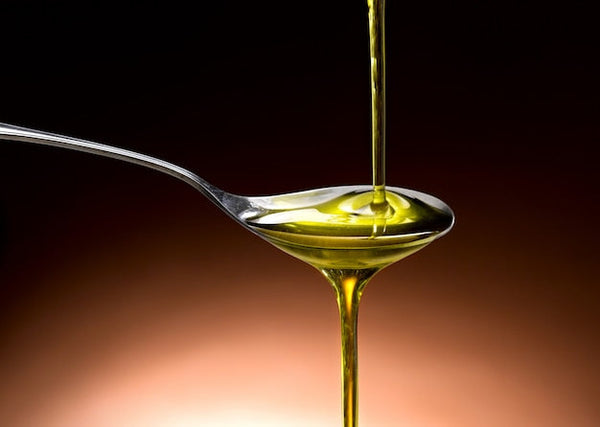The Romans and Extra Virgin Olive Oil
20/07/2023

The Romans held extra virgin olive oil in high esteem; it was an essential element of their daily lives, and its influence permeated their culture, economy, and religion. A symbol of health, wealth, and power, olive oil was at the core of the Roman Empire, reflecting the civilization’s sophistication and complexity.
The olive tree, “Olea Europaea,” was revered in the Roman civilization. It was not native to Rome but was introduced to the Italian peninsula by Greek settlers in 600 BC. The olive tree’s ability to endure harsh conditions and its long lifespan resonated with the Romans’ ideal of resilience and longevity, embodying the durability of their empire.
Rome’s Mediterranean climate proved to be the perfect environment for olive cultivation. Over time, the Romans honed their agricultural techniques, improving olive cultivation and oil extraction methods. They designed complex oil presses and storage facilities, showcasing their technological prowess. The art of olive cultivation and oil production became a specialized trade, employing many citizens and slaves alike.
The significance of olive oil in the Roman economy cannot be overstated. It became a crucial export commodity, contributing to Rome’s prosperity. It was traded throughout the empire, from the Iberian Peninsula to the Middle East. Olive oil production was an intensive and organized operation. Large estates, or “latifundia,” were established in regions such as Hispania (modern Spain) and Africa Proconsularis (modern Tunisia), where the climate was especially favorable for olive cultivation. Amphorae, large ceramic pots, were filled with oil and sealed with the producer’s stamp, providing insights into the economic structure and supply chain of the empire. Size wise they were similar to a modern day 5 litres of extra virgin olive oil.
In daily life, olive oil was a household staple, used in a variety of ways. It was essential in Roman cuisine, used both for cooking and as a dressing on foods. The oil also served as a base for perfumes and soaps, contributing to personal hygiene and luxury. The Romans even used it for lighting, filling their lamps with olive oil.

Medically, the Romans attributed several healing properties to olive oil. Influenced by Greek medical knowledge, they used the oil for wound treatment, digestive issues, and as a base for medicinal salves. Pliny the Elder, a Roman author, and naturalist, documented many such uses in his work “Naturalis Historia.”
Beyond the practical, olive oil held a spiritual significance for the Romans. It was a key component in religious rituals and ceremonies. Priests would anoint sacred objects, and individuals with olive oil as part of purification rites. In funeral rites, the bodies of the departed were often anointed with oil, symbolizing a peaceful transition to the afterlife.
In conclusion, extra virgin olive oil was much more than a mere commodity to the Romans. It symbolized prosperity, health, and divinity. It was woven into the fabric of their society and stood as a testament to their agricultural, economic, and technological advancements. Just as the olive tree endured, the legacy of Roman olive oil production endures, influencing modern agriculture and cuisine, and offering us a fascinating lens to view an ancient civilization.




